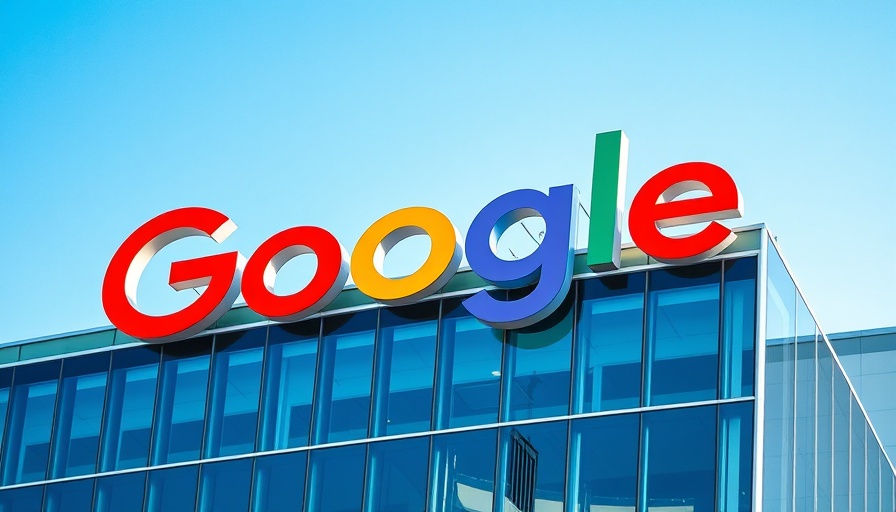
Google's $100M Settlement: What It Means for Digital Advertising
In a significant development for the digital advertising industry, Google LLC has reached a $100 million settlement in a class-action lawsuit related to its AdWords service, now known as Google Ads. The lawsuit, which originated in 2011, focused on alleged discrepancies in the promises made by Google regarding its Smart Pricing feature and location-targeting capabilities.
A Deep Dive into the Allegations
The plaintiffs accused Google of not delivering on promised discounts through its Smart Pricing feature, which sometimes offered companies a reduced ad rate based on the likelihood of a click leading to a sale. This, they argued, was a breach of contract since the agreement signed by AdWords users implied that such discounts would be honored. Additionally, the lawsuit highlighted that Google often displayed ads to users outside their specified target locations, which allegedly violated California's competition laws.
The Long Road to Resolution
The legal battle has spanned over a decade, marked by extensive evidence gathering, including over 910,000 pages of documents and terabytes of data. This drawn-out process reflects not only the complexity of digital advertising practices but also the increasing scrutiny companies face regarding consumer rights and advertising transparency.
What This Means for Advertisers
The settlement serves as a reminder for companies using digital advertising platforms about the importance of understanding the terms of service and the features offered. With advertising becoming more data-driven and consumer-oriented, businesses must ensure they align their expectations with how these platforms operate. This development underscores the necessity for transparency and accountability in digital marketing practices.
The Bigger Picture: Regulation and Industry Standards
The case also highlights broader implications for the digital advertising industry. As consumer awareness around data privacy and fair practices grows, companies like Google will likely face increased regulatory scrutiny. Advertisers must stay aware of changing regulations and be prepared to adapt their strategies to comply with legal standards while also meeting consumer expectations.
Final Thoughts: Evolving Digital Landscape
As this case wraps up, it is essential for decision-makers across industries to note the essential lessons regarding digital marketing and consumer rights. With the rapid evolution of technology and advertising strategies, businesses must not only focus on generating revenue but also prioritize ethical advertising practices.
Understanding the implications of such legal outcomes can help organizations better navigate the digital landscape. Stakeholders should consider how these developments can inform their advertising strategies, ensuring they are both effective and aligned with legal standards.
 Add Row
Add Row  Add
Add 




Write A Comment